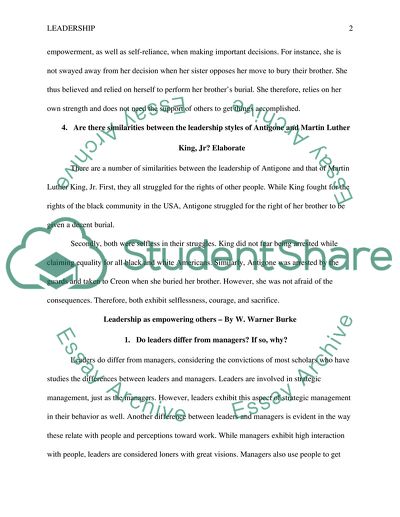Antigon as a Leader Article Example | Topics and Well Written Essays - 500 words. Retrieved from https://studentshare.org/history/1619217-antigon-as-a-leader
Antigon As a Leader Article Example | Topics and Well Written Essays - 500 Words. https://studentshare.org/history/1619217-antigon-as-a-leader.


